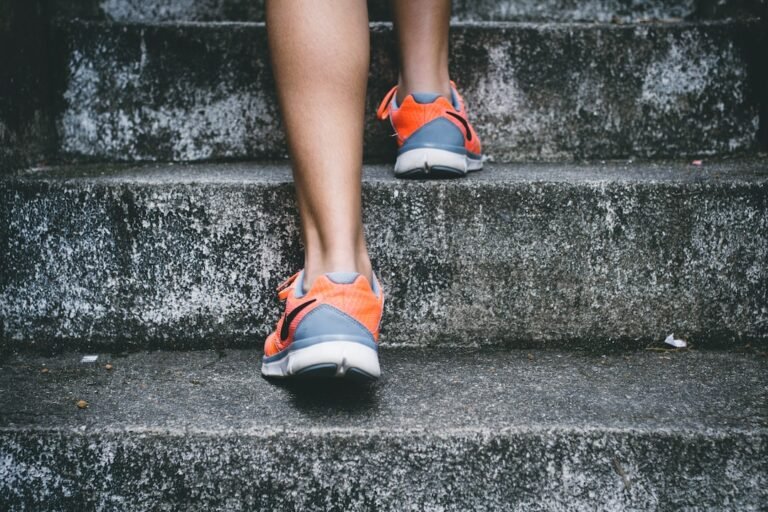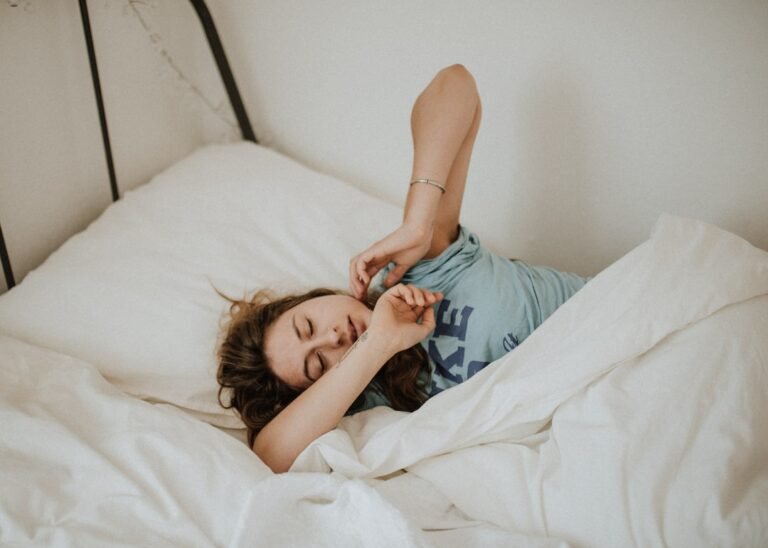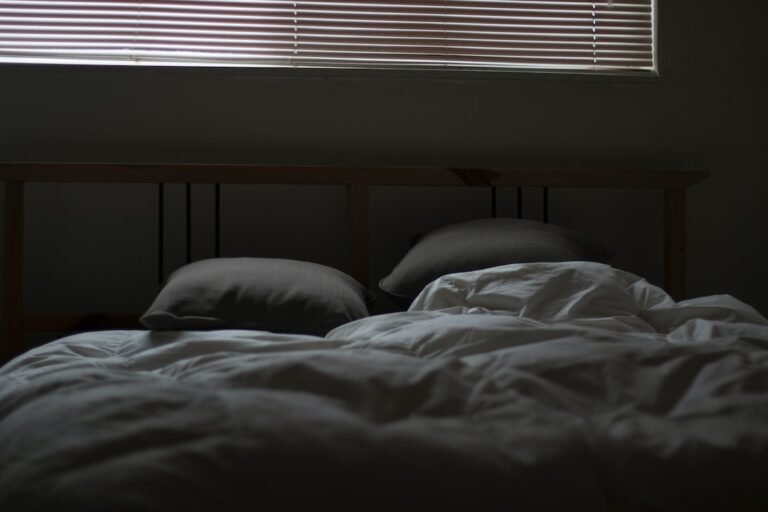Sleep Soundly with CBD: How Cannabidiol Can Help Combat Insomnia
Insomnia is a common sleep disorder that affects millions of people worldwide. It is characterized by difficulty falling asleep, staying asleep, or experiencing non-restorative sleep. Insomnia can have a significant impact on a person’s quality of life, leading to daytime fatigue, mood disturbances, and impaired cognitive function. While there are various treatment options available for insomnia, many individuals are turning to CBD as a potential solution.
CBD, short for cannabidiol, is a compound derived from the cannabis plant. Unlike its counterpart THC, CBD does not produce psychoactive effects and is legal in many countries. CBD has gained popularity in recent years for its potential therapeutic benefits, including its ability to promote relaxation and improve sleep quality. In this article, we will explore the science behind CBD and sleep, how it affects the body’s sleep-wake cycle, and how to choose the right CBD product for insomnia.
Understanding Insomnia: Causes and Symptoms
Insomnia is defined as a persistent difficulty falling asleep, staying asleep, or experiencing non-restorative sleep despite having adequate opportunity for sleep. It can be classified into two types: acute insomnia, which lasts for a short period of time and is often caused by stress or life events, and chronic insomnia, which lasts for at least three nights a week for three months or longer.
There are several common causes of insomnia. Stress and anxiety are often major contributors to sleep disturbances. Other factors that can contribute to insomnia include medical conditions such as chronic pain or respiratory disorders, medications that interfere with sleep, caffeine or alcohol consumption, and poor sleep hygiene habits.
The symptoms of insomnia can vary from person to person but often include difficulty falling asleep, waking up frequently during the night, waking up too early in the morning and being unable to fall back asleep, feeling tired upon waking, daytime fatigue or sleepiness, irritability, difficulty concentrating or remembering things, and impaired performance at work or school.
The Science Behind CBD and Sleep
To understand how CBD may help with sleep, it is important to first understand the endocannabinoid system (ECS). The ECS is a complex network of receptors and neurotransmitters that helps regulate various physiological processes, including sleep, mood, appetite, and pain sensation.
CBD interacts with the ECS by binding to cannabinoid receptors in the body. It has been found to have both direct and indirect effects on these receptors, which can influence sleep-wake cycles and promote relaxation. CBD has also been shown to have anti-anxiety and analgesic properties, which can further contribute to improved sleep quality.
Research on CBD and sleep is still in its early stages, but preliminary studies have shown promising results. A 2019 study published in The Permanente Journal found that 67% of participants experienced improved sleep within the first month of using CBD. Another study published in the Journal of Clinical Psychology in 2020 found that CBD significantly reduced anxiety and improved sleep in individuals with post-traumatic stress disorder (PTSD).
How CBD Affects the Body’s Sleep-Wake Cycle
The sleep-wake cycle, also known as the circadian rhythm, is a natural biological process that regulates our sleep patterns. It is influenced by various factors, including light exposure, melatonin production, and neurotransmitter activity.
CBD has been found to affect the sleep-wake cycle in several ways. Firstly, it has been shown to increase the duration of deep sleep, also known as slow-wave sleep. Deep sleep is essential for physical restoration and memory consolidation. By promoting deep sleep, CBD may help individuals feel more rested and rejuvenated upon waking.
Secondly, CBD has been found to reduce REM sleep behavior disorder (RBD), a condition characterized by vivid and often disturbing dreams accompanied by physical movements during REM sleep. By reducing RBD symptoms, CBD may help individuals experience more restful and uninterrupted sleep.
Lastly, CBD has been found to increase the levels of adenosine in the brain. Adenosine is a neurotransmitter that promotes sleep and relaxation. By increasing adenosine levels, CBD may help individuals fall asleep faster and stay asleep longer.
Research on CBD and the sleep-wake cycle is still limited, but studies have shown promising results. A 2014 study published in the Journal of Clinical Psychopharmacology found that CBD increased wakefulness during the day and reduced sleepiness during the night in individuals with excessive daytime sleepiness.
Choosing the Right CBD Product for Insomnia
When it comes to choosing a CBD product for insomnia, there are several factors to consider. Firstly, you should decide whether you prefer full-spectrum CBD, which contains all the compounds found in the cannabis plant, including THC, or broad-spectrum CBD, which contains all the compounds except THC, or CBD isolate, which contains only CBD.
Next, you should consider the method of consumption. CBD is available in various forms, including oils, capsules, edibles, topicals, and vape products. Each method has its own advantages and disadvantages. For example, oils and capsules provide a convenient and discreet way to consume CBD, while edibles offer a tasty and enjoyable experience. Topicals are ideal for localized pain relief, while vape products provide fast-acting effects.
It is also important to consider the potency of the CBD product. The potency refers to the concentration of CBD in the product. Higher potency products may be more effective for individuals with severe insomnia or those who require higher doses of CBD. However, it is always recommended to start with a low dose and gradually increase as needed.
Lastly, you should consider the quality and safety of the CBD product. Look for products that are third-party tested for purity and potency. It is also important to choose products that are made from organically grown hemp and are free from pesticides, heavy metals, and other contaminants.
Some recommended CBD products for insomnia include:
– CBD oil: CBD oils are a popular choice for insomnia as they can be easily absorbed by the body and provide fast-acting effects. Look for oils that are made from high-quality hemp and are free from additives or artificial flavors.
– CBD capsules: CBD capsules offer a convenient and precise way to consume CBD. They are easy to swallow and provide a consistent dosage of CBD. Look for capsules that are made from organic hemp and contain a high concentration of CBD.
– CBD gummies: CBD gummies are a tasty and enjoyable way to consume CBD. They come in various flavors and strengths, making them suitable for individuals with different preferences and needs. Look for gummies that are made from natural ingredients and do not contain artificial sweeteners or colors.
CBD Dosage for Sleep: What You Need to Know

The optimal CBD dosage for sleep can vary depending on various factors, including body weight, metabolism, tolerance, and the severity of insomnia. It is always recommended to start with a low dose and gradually increase as needed.
A general guideline for CBD dosage is to start with 5-10mg of CBD per day and gradually increase by 5-10mg every week until the desired effects are achieved. It is important to listen to your body and adjust the dosage accordingly. Some individuals may find that a lower dose is sufficient, while others may require higher doses to experience the desired effects.
It is also important to note that CBD can interact with certain medications, including blood thinners, antiepileptic drugs, and antidepressants. If you are taking any medications, it is recommended to consult with a healthcare professional before using CBD for sleep.
Combining CBD with Other Sleep Aids
While CBD can be effective on its own for improving sleep quality, it can also be combined with other sleep aids for enhanced results. Some common sleep aids include melatonin, valerian root, chamomile, and lavender.
Melatonin is a hormone that helps regulate the sleep-wake cycle. It is often used as a natural sleep aid and can be taken in conjunction with CBD to promote relaxation and improve sleep quality. Valerian root, chamomile, and lavender are herbs that have been traditionally used for their calming and sedative properties. They can be consumed as teas or taken in supplement form.
When combining CBD with other sleep aids, it is important to start with a low dose and monitor how your body responds. Some individuals may find that CBD alone is sufficient for improving sleep quality, while others may benefit from the synergistic effects of combining CBD with other sleep aids.
It is also important to note that combining CBD with other sleep aids may increase the risk of side effects or interactions. If you are considering combining CBD with other sleep aids, it is recommended to consult with a healthcare professional for personalized advice.
Tips for Incorporating CBD into Your Sleep Routine
Incorporating CBD into your bedtime routine can help promote relaxation and improve sleep quality. Here are some tips for using CBD for sleep:
1. Choose the right CBD product: As mentioned earlier, there are various types of CBD products available. Choose a product that suits your preferences and needs. For example, if you prefer a fast-acting method, consider using CBD oil or vape products. If you prefer a longer-lasting method, consider using CBD capsules or edibles.
2. Establish a consistent bedtime routine: A consistent bedtime routine can signal to your body that it is time to wind down and prepare for sleep. Incorporate CBD into your bedtime routine by taking it at the same time each night, preferably 30 minutes to an hour before bed.
3. Create a relaxing environment: Create a calm and relaxing environment in your bedroom to promote sleep. Dim the lights, lower the temperature, and remove any distractions. Consider using aromatherapy with lavender essential oil, which has been shown to promote relaxation and improve sleep quality.
4. Practice good sleep hygiene: Good sleep hygiene habits can help improve sleep quality. Avoid caffeine and alcohol in the evening, limit exposure to screens before bed, and establish a regular sleep schedule. CBD can be used as a complementary tool to support good sleep hygiene practices.
5. Keep a sleep journal: Keeping a sleep journal can help you track your sleep patterns and identify any improvements or changes after incorporating CBD into your routine. Note down the time you took CBD, the dosage, and any observations about your sleep quality.
Risks and Side Effects of Using CBD for Insomnia
While CBD is generally considered safe for most individuals, it is important to be aware of potential risks and side effects. Some common side effects of CBD include dry mouth, drowsiness, lightheadedness, and changes in appetite or weight.
CBD can also interact with certain medications, including blood thinners, antiepileptic drugs, and antidepressants. If you are taking any medications, it is recommended to consult with a healthcare professional before using CBD for sleep.
It is also important to note that the long-term effects of CBD use are still not fully understood. More research is needed to determine the optimal dosage, duration of use, and potential risks associated with long-term CBD use.
If you experience any severe or persistent side effects after using CBD for insomnia, it is recommended to discontinue use and consult with a healthcare professional.
Success Stories: Real People’s Experiences with CBD and Sleep
Many individuals have reported positive experiences with using CBD for insomnia. Here are some real people’s experiences:
– Sarah, 35: « I have struggled with insomnia for years and have tried various sleep aids with little success. After incorporating CBD into my bedtime routine, I have noticed a significant improvement in my sleep quality. I fall asleep faster, stay asleep longer, and wake up feeling more refreshed. »
– John, 42: « As someone who suffers from chronic pain, getting a good night’s sleep has always been a challenge. Since using CBD, I have noticed a reduction in pain and inflammation, which has greatly improved my sleep quality. I wake up feeling less stiff and more rested. »
– Emily, 28: « I have always had trouble quieting my mind at night, which often leads to racing thoughts and anxiety. CBD has helped me relax and unwind before bed, allowing me to fall asleep faster and stay asleep throughout the night. It has been a game-changer for my sleep. »
These success stories highlight the potential benefits of using CBD for insomnia. However, it is important to remember that individual experiences may vary and more research is needed to fully understand the effects of CBD on sleep.
Future Research and Developments in CBD for Sleep
While research on CBD and sleep is still in its early stages, there is growing interest in this area of study. Future research may focus on exploring the optimal dosage and duration of CBD use for different types of insomnia, as well as investigating the long-term effects and potential risks associated with CBD use.
There is also potential for the development of new CBD formulations specifically designed for sleep. For example, researchers may explore the use of nanoemulsion technology to improve the bioavailability and absorption of CBD, or the use of time-release formulations to provide sustained effects throughout the night.
In conclusion, CBD shows promise as a potential solution for insomnia. It interacts with the body’s endocannabinoid system to promote relaxation, improve sleep quality, and regulate the sleep-wake cycle. When choosing a CBD product for insomnia, it is important to consider factors such as potency, method of consumption, and quality. It is also important to start with a low dose and gradually increase as needed, and to consult with a healthcare professional if you are taking any medications. By incorporating CBD into your sleep routine and practicing good sleep hygiene, you may be able to experience improved sleep quality and wake up feeling more rested and rejuvenated.






